Medical Ethics: A Very Short Introduction (Very Short Introductions)
£3.90
· Who should have access to reproductive technology? Who should pay?
· Is it right to fund expensive drug treatment for individuals?
· Should active euthanasia be legalized?
· Should treatment for mental illness be imposed on patients without their consent?
· Who should have access to information from genetic testing?
· Should we require consent for the use of dead bodies or organs in medical research?
ABOUT THE SERIES: The Very Short Introductions series from Oxford University Press contains hundreds of titles in almost every subject area. These pocket-sized books are the perfect way to get ahead in a new subject quickly. Our expert authors combine facts, analysis, perspective, new ideas, and enthusiasm to make interesting and challenging topics highly readable.
Read more
Additional information
| Publisher | OUP Oxford (23 Sept. 2004) |
|---|---|
| Language | English |
| Paperback | 168 pages |
| ISBN-10 | 0192802828 |
| ISBN-13 | 978-0192802828 |
| Dimensions | 11.43 x 0.64 x 17.23 cm |

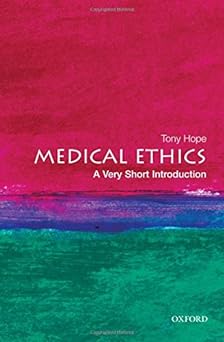
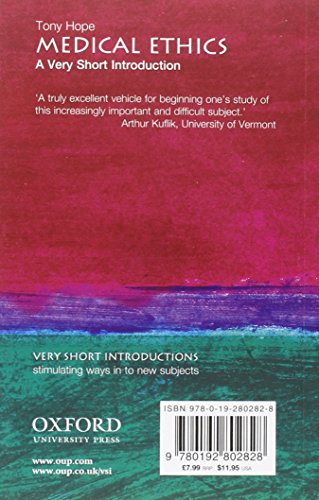
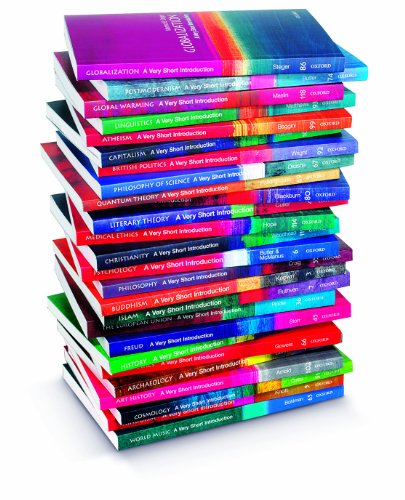
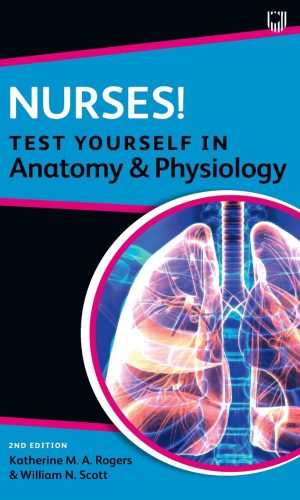


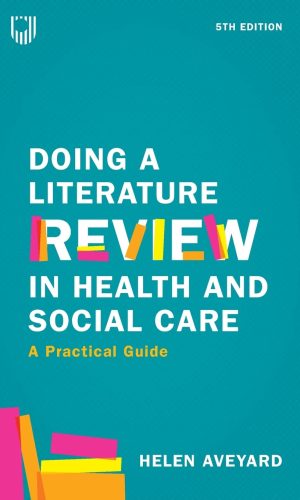
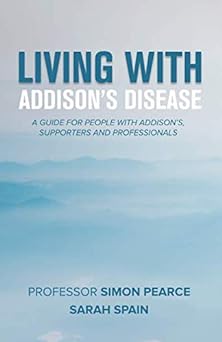


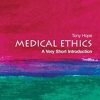
by J. Colman
I brought this book to prepare my self for my interviews for medicine as ethics is something which often comes up.
however the book is a little disappointing.
It covers the thinking behind the ethics and the tools to reason it. it covers some health care issues such as IVF treatment and euthanasia.
The book however remains only theoretical and uses mainly thought scenarios (very unrealistic situations used to test moral opinions such as weather to shot some one when in a fire facing certain painful death) instead of real life ones, and the book does not give any clear answers.
It is very though provoking and gives a good insight but i feel is not particularly relevant to regular medicine and more applicable to fundamental philosophy as some parts are similar to the school of thinking of “is the colour blue really the colour blue” such as the section on IVF where it questions why we help the best suited parents to produce children.
on the other hand some parts are very useful such as what are the best medical treatments to fund which is something i feel is very relevant and is a question that could be asked in a medical interview or in real life.
I do recommend this book to say some one having this as part of there degree course ecetera. due to high amount of theory, but to those buying for medicine interview preparation (which imagine a lot of you will) only read if you have the time as is not very relevant, there are many other more efficient and better ways to prepare! such as practice with a teacher or internet forums.
by Trisha
Ethical dilemmas occur frequently in my professional role. This book is succinct and informative but also interesting. For me it tackles an important aspect of delivering patient care and I would recommend as a ‘dip into’ resource or ‘cover to cover’ read. Like the illustrations as well. Good value for money.
by Simon Nixon
Well written introduction to a hot topic. I liked the way the author stated his perspective and discussed the issues from that stance. It would be interesting to have seen what others would have said about the topics discussed. I liked the way it dealt with a topic gave examples and introduced the ethical principles behind each. As has been said by other reviewers it leaves the reader wanting more, but it does give sources and suggestions for further reading. I was a little disapointed with the abrupt ending, I expected that these would be some sort of an conclusion bringing things together.
by A Private Person
This book is just as you would expect, a short introduction into the world of medical ethics, gives a good foundation and some insight into the extensive topic and if you intend to delve into this subject I would definitely recommend you begin here. Personally I did not agree with some opinionated statements by the author but nevertheless that’s what I believe ethics is really all about, forming opinions on situations using your own logic and morals.
by Jacob
I bought this book in preparation for my medical school interviews. It is a great book which discusses a handful of topics that may come up in a medical school interview and allows you to be able to argue points for and against each topic. Examples include euthanasia, abortion, genetic testing, mental disabilities and medical research.
by MattCUK
This is an excellent book, and excellent introduction to medical ethics. I purchased this book in the months before applying for medicine at university, and read it once or twice before my interviews. It was invaluable, offering an easy to understand and well structured discussion on medical ethics.
More importantly, the book was full of excellent examples which would be easily remembered as they were interesting in nature (well, interesting to a medicine applicant anyway!). I found myself in several of my medicine interviews being questioned upon the ethics of medicine, and instantly, really interesting examples came to my head from this book, allowing me to continue the discussion in the interview.
I particularly enjoyed the section on Quality Adjusted Life Years (QALYs), and having just finished my first year of medicine at university, QALYs come up in the degree as well as possibly in interviews.
Overall, this is a great book, it’s price:usefulness ratio is brilliant. If nothing else, it should be read on the train/car trip to a medicine interview as the ethics questions can be among the hardest that interviewers ask. The book is also interesting enough that people not applying for medicine, or currently doing medicine, would find it a good read too.
by Harry
fantastic grounding to medical ethics. Be careful when preparing for medical school interviews as such detailed and sometimes risky opinions (especially to lay interviewers) is completely over and above what is expected. Stick to the medical ethics pillars and keep it simple.
by J Lye
As a medical student, this size works perfectly for giving a brief overview about some of the issues medical professionals face, as well as developing general philosophical debating skills.
My only negatives were that the author places quite a heavy emphasis on his own opinions which sometimes become confused with the purely logical reasoning he tries to teach. That said he justifies himself well when this occurs.
Finally the book could do with an update to address more recent affairs.
Conclusion:
Until this book is updated, it is still the best around for a beginners guide to medical ethics